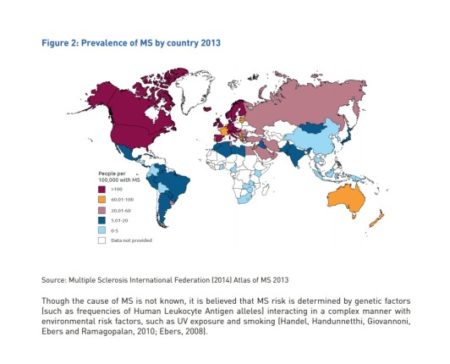
Ready for Work
Promoting Positive Work Outcomes for Europeans with MS. A Collaboration between The Work Foundation and the European Multiple Sclerosis Platform.
Vision
“Workability”, which means supporting people into employment, should become a priority outcome of clinical care. This will lead to maximising work productivity, inclusiveness and therapeutic benefits for the patient.
Ready for Work will pursue this aim by raising awareness of the importance of improving ‘brain health’. The objective is to achieve better cognitive performance and reduced mental fatigue at work.
Find a project summary here.
Read ‘The case for workability’ EMSP blog article here.
Plan
We have identified four pillars where the workability could be improved:
- The work-focused nature of conversations between clinicians and people living with MS;
- The challenges and barriers faced by people living with MS who wish find, keep or return to work;
- The quality of the jobs available to people with MS and the practical steps which employers can take to create fulfilling work;
- The ‘workability’ status which includes economic, clinical and social benefits for wider society: healthcare systems, SMEs and big employers, individuals with MS and their carers.
Find a European policy map on MS and employment here.

Barriers
Some of the barriers to workability are practical, such as functional capacity, fluctuations, fatigue and co-morbidity. Others are attitudinal, such as stigma, lack of confidence, negativity or anxiety among employers. Furthermore, other barriers refer to systems or institutions and in this case we can mention healthcare system incentives and support in welfare systems.
Multistakeholder engagement and collaboration is key to our success. People living with MS need tailored support to access the labour market and also need to benefit from sustainable changes. This is the solution to remove the barriers that they face.
Ready for Work will focus on tools to harmonise the skills and aspirations of individuals living with MS with the demands of their work. In this way we will ensure access to good quality work and also minimise the underutilisation of their skills.
Find a comprehensive report on the impact of MS on employment here.
Who we are?
The Work Foundation at Lancaster University specialises in applied research and policy-oriented research. Our work examines the impact of chronic and fluctuating health conditions on the workability of people across the EU.
Our Fit for Work project has produced data and policy recommendations across 30 European countries.
In 2011 we published the results of a study looking at the impact of MS on employment in the UK.
We have expertise in research, communication, advocacy in the field of workforce health and productivity.
We have successfully influenced national policy and clinical practice, and also raised awareness among employers (including SMEs) and individuals living with chronic conditions.
The European Multiple Sclerosis Platform (EMSP) is an umbrella NGO for 40 national multiple sclerosis (MS) societies in 35 European countries.
Find more in the About us section.

Believe and Achieve. Paving the Path to Participation
Ready for Work is EMSP’s third project focused on boosting employment for people with MS and other neurodegenerative conditions.
We started on this path in 2014 with the launch of our Believe and Achieve (B&A) programme which offers paid internships for young people with MS.
And we strengthened our approach in 2015 when we completed the EU-funded policy-oriented Paving the Path to Participation project, which brought about our Employment Pact for MS.
Funding
This project is supported by industry partners Novartis and Merck.
Find more about our sponsors here.
 Your Account
Your Account
